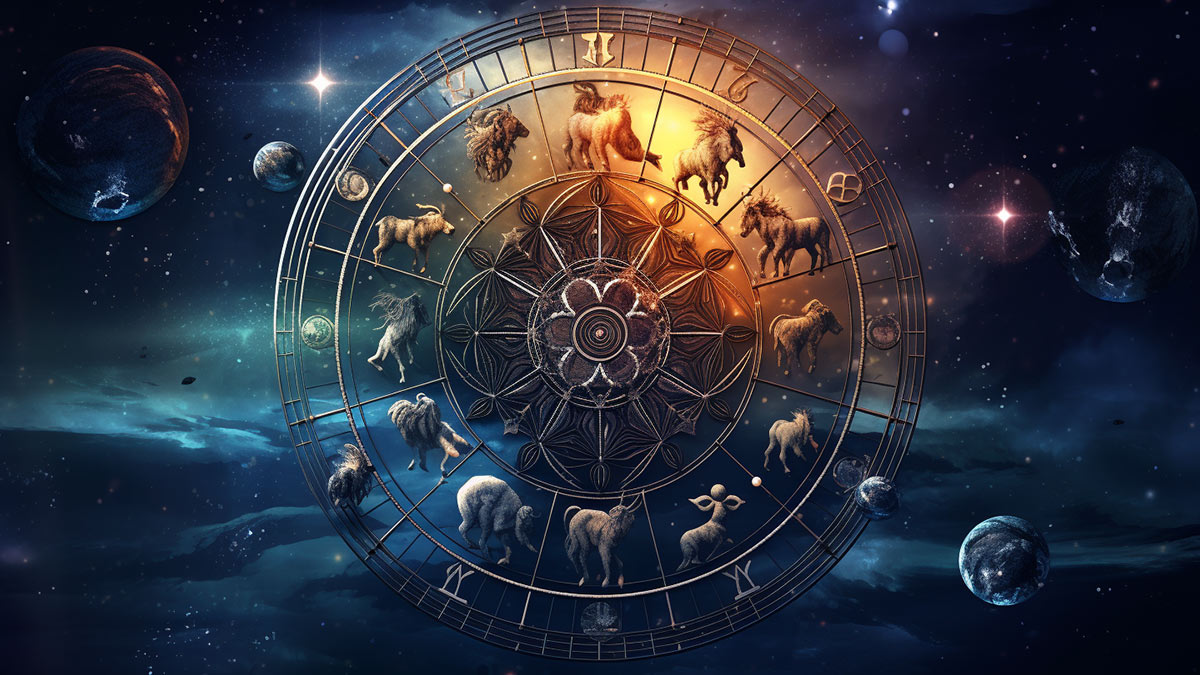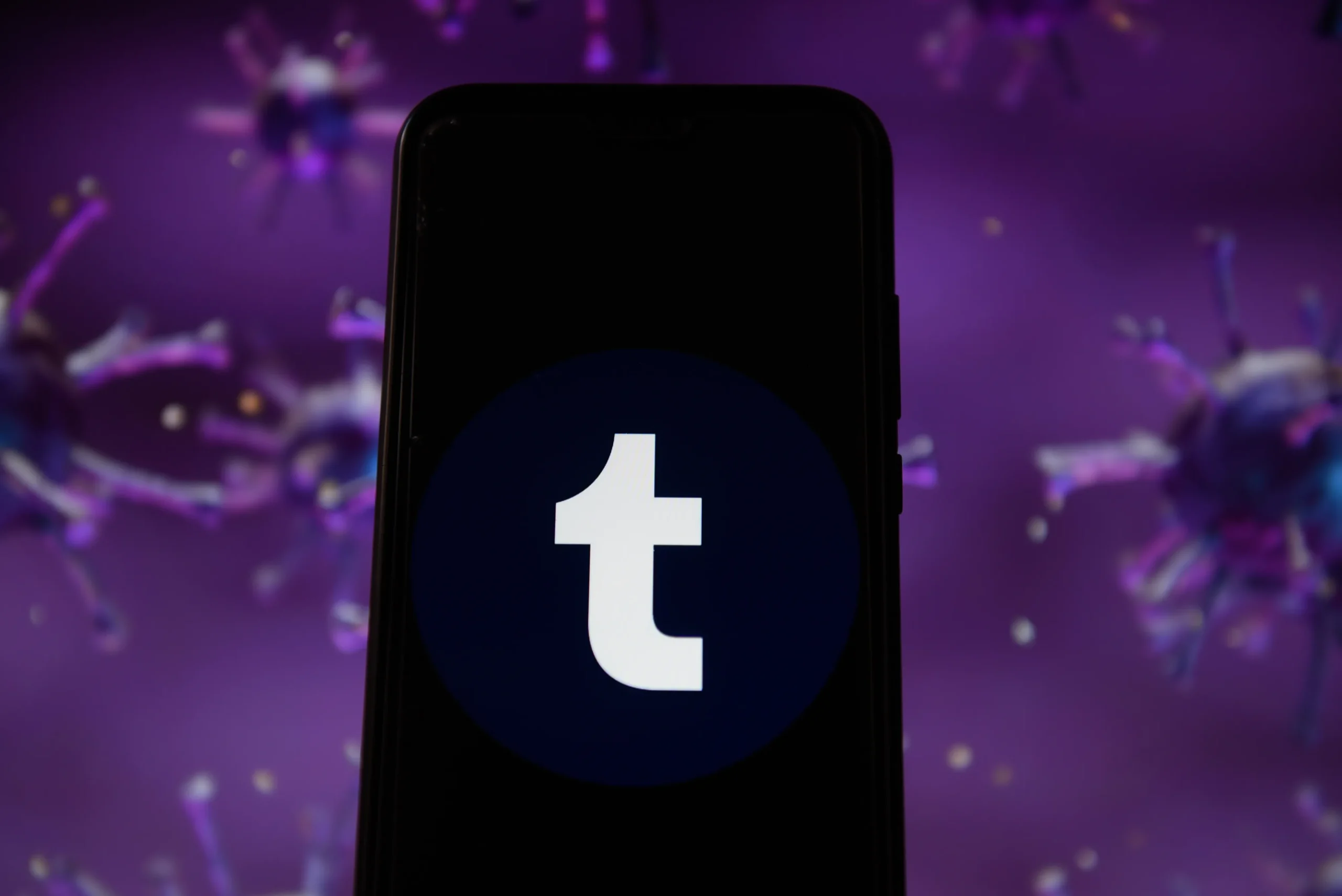
Horoscopes have fascinated humanity for centuries. They serve as a window into our personalities, predict our future, and offer guidance in times of uncertainty. This article delves into the world of horoscopes, exploring their origins, how they work, and their relevance in modern times.
Origins of Horoscopes
The word “horoscope” is derived from the Greek words “hora” (time) and “scopos” (observer). Ancient civilizations such as the Babylonians, Egyptians, and Greeks believed that the positions of celestial bodies at the time of a person’s birth could influence their personality and destiny.
The Babylonians were among the first to create a systematic method of divination based on the stars. They divided the sky into twelve sections, each corresponding to a different zodiac sign. The Greeks later adopted and expanded upon this system, integrating it into their own astrological traditions. Ptolemy’s Tetrabiblos, written in the 2nd century AD, is one of the most influential works on astrology and has shaped Western astrological practices for centuries.
How Horoscopes Work
Horoscopes are based on the positions of the sun, moon, and planets at the time of a person’s birth. An astrological chart, or natal chart, is created by mapping these celestial positions against the twelve zodiac signs and twelve houses.
The Zodiac Signs
The zodiac is divided into twelve signs, each representing a different segment of the sky. Each sign is associated with specific personality traits and characteristics:
- Aries (March 21 – April 19): Bold, ambitious, and confident.
- Taurus (April 20 – May 20): Reliable, patient, and practical.
- Gemini (May 21 – June 20): Curious, adaptable, and outgoing.
- Cancer (June 21 – July 22): Emotional, nurturing, and intuitive.
- Leo (July 23 – August 22): Creative, passionate, and generous.
- Virgo (August 23 – September 22): Analytical, meticulous, and kind.
- Libra (September 23 – October 22): Diplomatic, charming, and fair-minded.
- Scorpio (October 23 – November 21): Intense, resourceful, and determined.
- Sagittarius (November 22 – December 21): Adventurous, optimistic, and independent.
- Capricorn (December 22 – January 19): Disciplined, responsible, and ambitious.
- Aquarius (January 20 – February 18): Innovative, humanitarian, and eccentric.
- Pisces (February 19 – March 20): Compassionate, artistic, and empathetic.
The Houses
The astrological houses represent different areas of life, such as career, relationships, and personal growth. There are twelve houses, each associated with a specific aspect of life:
- First House: Self, appearance, and first impressions.
- Second House: Finances, possessions, and values.
- Third House: Communication, siblings, and short trips.
- Fourth House: Home, family, and roots.
- Fifth House: Creativity, romance, and children.
- Sixth House: Health, work, and daily routines.
- Seventh House: Partnerships, marriage, and public relations.
- Eighth House: Transformation, shared resources, and intimacy.
- Ninth House: Philosophy, travel, and higher education.
- Tenth House: Career, reputation, and social status.
- Eleventh House: Friendships, groups, and aspirations.
- Twelfth House: Subconscious, solitude, and spirituality.
Interpreting Horoscopes
Interpreting a horoscope involves analyzing the relationships between the planets, signs, and houses. Astrologers look for aspects, or angles, between planets to understand how they influence each other. Common aspects include conjunctions, oppositions, trines, squares, and sextiles, each indicating a different type of interaction.
Sun, Moon, and Rising Signs
In addition to the twelve zodiac signs, the sun, moon, and rising (or ascendant) signs are crucial components of a horoscope:
- Sun Sign: Represents core identity and ego. It’s the most commonly known aspect of a horoscope and is determined by the sun’s position at birth.
- Moon Sign: Reflects emotions, instincts, and inner self. It reveals how a person feels and responds to the world emotionally.
- Rising Sign: Indicates outward behavior and first impressions. It’s the sign that was rising on the eastern horizon at the time of birth.
The Relevance of Horoscopes Today
Despite advances in science and technology, horoscopes remain popular in modern society. They offer comfort, guidance, and a sense of connection to the universe. People turn to horoscopes for various reasons:
- Self-Discovery: Horoscopes provide insights into personality traits, strengths, and weaknesses.
- Decision-Making: Many use horoscopes to make informed decisions about relationships, careers, and personal growth.
- Entertainment: Reading daily, weekly, or monthly horoscopes can be a fun and engaging activity.
- Spirituality: Horoscopes can serve as a tool for spiritual exploration and understanding one’s place in the cosmos.
Criticisms and Skepticism
Horoscopes are not without their critics. Skeptics argue that astrology lacks scientific validity and that horoscopes are too general to be meaningful. Studies have shown mixed results regarding the accuracy of astrological predictions. However, the psychological phenomenon known as the “Barnum effect” suggests that people tend to believe vague or general statements that could apply to anyone.
The Future of Horoscopes
As interest in astrology continues to grow, horoscopes are evolving to meet the needs of modern audiences. Digital platforms and social media have made horoscopes more accessible than ever. Personalized horoscopes, compatibility reports, and astrological apps are just a few examples of how technology is shaping the future of astrology.
Conclusion
Horoscopes have a rich history and continue to captivate people around the world. Whether you view them as a tool for self-discovery, a source of guidance, or simply a form of entertainment, horoscopes offer a unique perspective on life. As we navigate the complexities of the modern world, the ancient wisdom of astrology remains a valuable resource for understanding ourselves and our place in the universe.
In conclusion, horoscope provide a fascinating blend of art, science, and spirituality. They encourage us to look beyond the tangible and explore the mysteries of the cosmos. Whether you are a firm believer or a curious skeptic, horoscopes invite you to embark on a journey of self-discovery and cosmic exploration.







